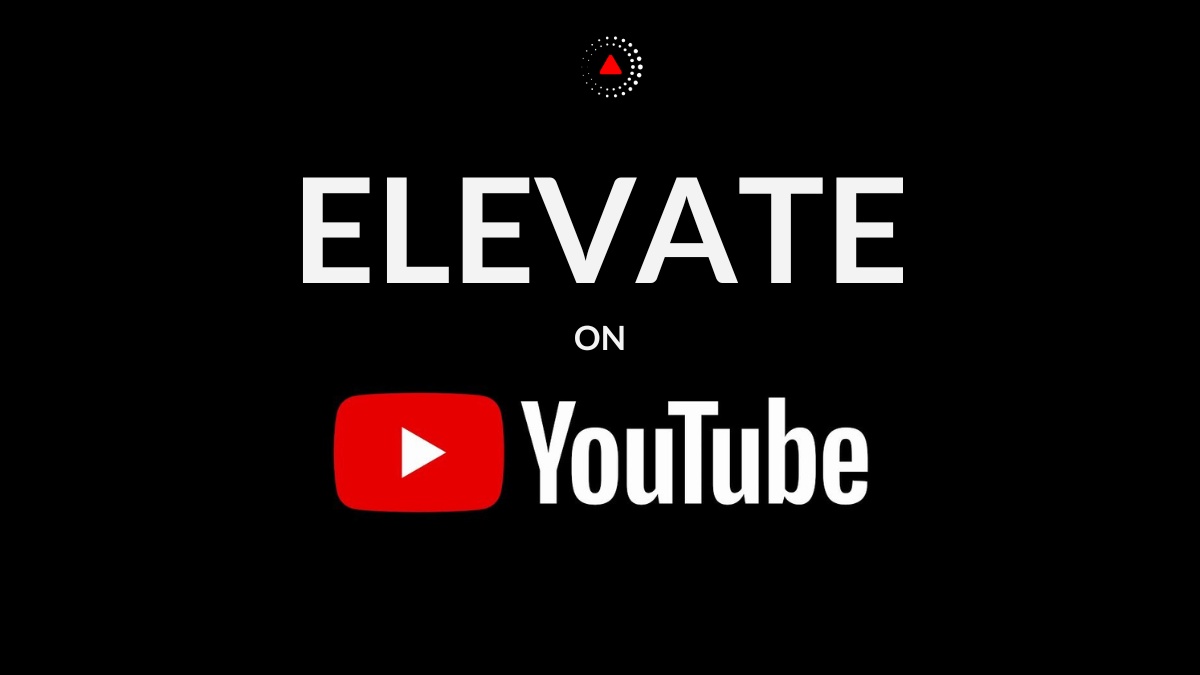Whatever is received is received according to the nature of the recipient.
What's the meaning of this quote?
Quote Meaning: This quote emphasizes the role of individual perception and interpretation in receiving and processing information or experiences. It suggests that how we receive something is influenced by our unique characteristics, including our beliefs, biases, experiences, and personal inclinations. It highlights the subjectivity of perception and reminds us that different individuals may interpret and respond to the same stimulus in distinct ways.
The quote encourages us to consider the importance of understanding and appreciating the diversity of perspectives and interpretations. It recognizes that each person brings their own set of filters and predispositions to the way they perceive the world. Therefore, when communicating or sharing information, it is crucial to be mindful of the recipient's nature and be receptive to their individual context.
Furthermore, this quote reminds us of the need for empathy and open-mindedness when engaging with others. By recognizing that people receive and process information differently, we can cultivate a deeper understanding and respect for their unique viewpoints. It encourages us to move away from assumptions or judgments and approach communication with a willingness to listen, learn, and bridge the gaps between different perspectives.
Ultimately, this quote highlights the dynamic and subjective nature of reception. It encourages us to acknowledge and honor the diversity of human experiences and perspectives, fostering a more inclusive and empathetic approach to communication and understanding.
Who said the quote?
The quote "Whatever is received is received according to the nature of the recipient." was said by Thomas Aquinas (Bio / Quotes). Thomas Aquinas was a medieval Italian philosopher and theologian who is best known for his work "Summa Theologica.
Is there a historical example that illustrates the message of the quote?
The quote "Whatever is received is received according to the nature of the recipient" reflects the idea that our perceptions, understanding, and reactions are influenced by our individual characteristics and prior experiences. A historical example that illustrates this message is the reception of the ideas of the Enlightenment during the French Revolution.
During the late 18th century, France was experiencing significant social and political upheaval. The Enlightenment thinkers, such as Voltaire, Rousseau, and Montesquieu, had been promoting ideas about individual liberty, democracy, and rationalism. These ideas were met with different responses depending on the nature of the recipients.
For instance, the French aristocracy and the monarchy, who were deeply invested in maintaining the status quo, perceived the Enlightenment ideas as a threat to their power and privileges. They viewed the revolutionary rhetoric with suspicion and hostility, interpreting it as an assault on their traditional authority.
In contrast, the common people and many intellectuals who were disillusioned with the existing system embraced these Enlightenment ideas with enthusiasm. To them, the notions of equality and democratic governance offered a hopeful vision for a better society. Their personal experiences of hardship and exclusion made them more receptive to the revolutionary ideas of justice and reform.
Thus, the same ideas about governance and human rights were interpreted in vastly different ways depending on the social position and personal circumstances of the recipients. This illustrates how the nature of the recipient shapes the reception and interpretation of information and ideas.
How can the quote be applied in a real-life scenario?
Applying the quote "Whatever is received is received according to the nature of the recipient" in a real-life scenario can be seen in the context of workplace feedback. Imagine a situation where a manager provides constructive criticism to their team.
Suppose the feedback is intended to help employees improve their performance and develop professionally. However, how this feedback is received will depend on the nature of each individual employee.
For an employee who is confident and open to growth, the feedback may be perceived as a valuable opportunity for improvement. They might see it as a chance to enhance their skills and contribute more effectively to the team. Their positive and proactive nature makes them receptive to the criticism in a constructive way.
On the other hand, an employee who is less confident or who has had negative past experiences with feedback might interpret the same criticism as a personal attack or an indication of their inadequacy. Their past experiences and current mindset influence how they perceive the feedback, potentially leading to defensive reactions or feelings of discouragement.
In this way, the nature of each individual—shaped by their past experiences, personal insecurities, and attitudes—affects how they receive and react to the feedback. Understanding this can help managers tailor their approach to each employee's needs, ensuring that the feedback is delivered in a way that aligns with their nature and promotes constructive growth.
Chief Editor
 Tal Gur is an author, founder, and impact-driven entrepreneur at heart. After trading his daily grind for a life of his own daring design, he spent a decade pursuing 100 major life goals around the globe. His journey and most recent book, The Art of Fully Living, has led him to found Elevate Society.
Tal Gur is an author, founder, and impact-driven entrepreneur at heart. After trading his daily grind for a life of his own daring design, he spent a decade pursuing 100 major life goals around the globe. His journey and most recent book, The Art of Fully Living, has led him to found Elevate Society.


























